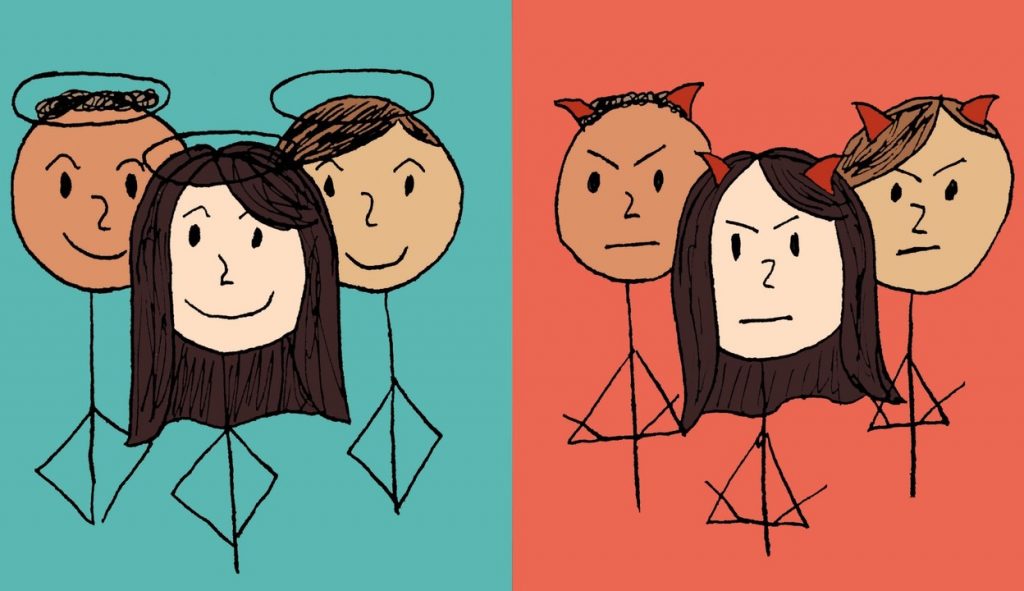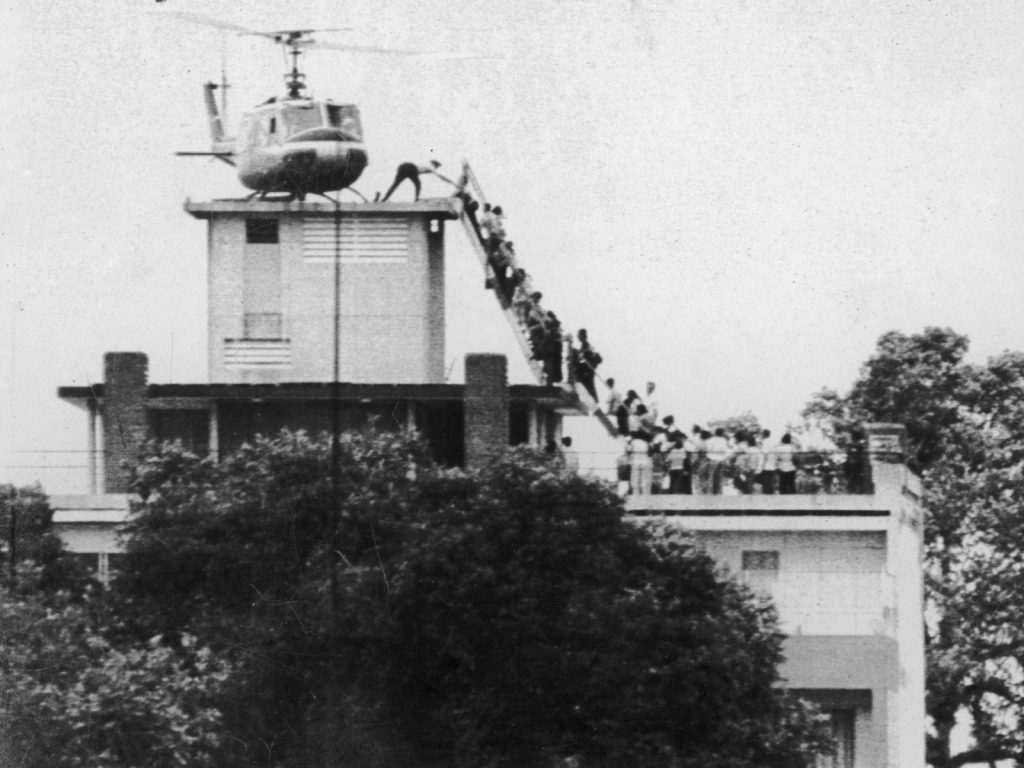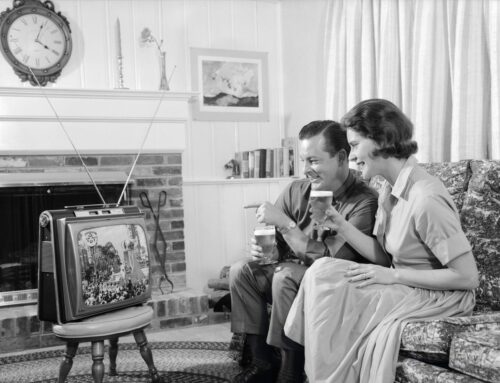Recently I wrote about the phenomena of Tribalism which serves to divide us in the United States and, I suspect, the rest of the world to some extent.
Such divisions in the past, at their worst, have given rise to the American Civil War and to both World Wars of the 20th Century. On a lesser scale of magnitude divisions have manifested themselves in discrimination in housing, employment, voting rights, schooling and even lynchings. Maybe what I am seeing in this country now is a continuation of what has always been present.
All too often, what I see today in this country and among my friends and their families is a divisiveness that leads to bitter words that separate friends and loved ones; sometimes even leading to violence or a permanent separation from those loved ones. We have reached the point at which we no longer have the luxury of being able to sit down and share divergent thoughts with each other and grow from such an exchange. I think the only thing we can agree on is that the political, ethnic, and religious divisions are deep and, perhaps, unsolvable. Is that true? Is there no way in which we can repair this fundamental tear in our fabric of humanity?
I think that if we are ever to reach a place in which violent words or actions are the last resort instead of the first resort, we have two essential players to turn to. The first is our political leaders. I identify them first only because of the spotlight that they seek and revel in. Others in leadership positions in civic and religious roles could play a crucial part as well. Back to politicians. We are all aware of the verbiage from our most recent President and his cronies on January 6 and what that lead to. But I wonder how that is any different from the words of a US member of the House of Representatives when she said of the recent trial of Patrolman Chauvin “stay on the street” and “get more confrontational” if former Minneapolis police officer Derek Chauvin is acquitted in the killing of George Floyd.
The ugly back and forth between liberal and conservative members of congress gives license for their constituents to model and even accelerate that behavior when interacting with those who oppose their view of the world. Each election year we hear solemn promises from candidates on each side that declare that they will be the ones to “reach across the aisle”, to govern “by consensus”. Somehow, those promises magically vanish upon taking the oath of office. Today we begin to see too many candidates dropping even this pretense and proudly declaring that they will adamantly oppose the “evildoers” on the other side and in doing so, take no prisoners. With examples like these, how can we expect civility from those they represent?
The second great arena of discord is, of course, the media in its many forms. The relatively new phenomena of social media has given us a virtual Petri dish of opinions that range from cogent and clearly thought out, to those that generate or repeat conspiracy theories that defy logic. Until whoever makes an executive decision to remove the more offensive posts (whatever ‘offensive’ means) even the most wild or inflammatory post can be read and forwarded myriad times.
Mainstream media on the major networks is hardly any better. I have stopped listening to the television news and, instead, subscribe to a number of print sources, which I peruse daily to get a view from both sides of the political spectrum. Each television outlet seems to carefully select which stories to cover and how to cover them. Then the presentation by the anchors and reports seems to slant with cleverly selected adjectives and voice tones. To this observer, it seems that there is little effort to present an objective report of events.
David French, writing for Time Magazine summarizes well when he states:
“For the past several years, I’ve been watching the increase in partisan enmity in the U.S. with growing alarm. Multiple social, cultural and religious factors are converging to create a particularly toxic political stew. America is being pulled apart. This phenomenon is geographic, ideological and spiritual… Now, let’s throw in another ingredient–enmity. It is clear that partisan Americans dislike each other a great deal. We live separately, snarling at each other across a growing divide. The result is a politics of fear and rage, where policy differences often take a back seat to the list of grievances that red possesses against blue and blue against red.” (source: America Is Being Divided. Here’s How We Can Start to Heal | TIME)
Mr. French has a prescription that I can sympathize with, but I am pessimistic about its chances of success when he concludes:
“Americans should not see their individual liberty or the autonomy of their churches and communities as so dependent on the identity of the President.
But beyond the political changes–more local control, less centralization–Americans need a change of heart. Defending the Bill of Rights requires commitment and effort, and it requires citizens to think of others beyond their partisan tribe. Defending the Bill of Rights means that you must fight for others to have the rights that you would like to exercise yourself. The goal is simple yet elusive. Every American–regardless of race, ethnicity, sex, religion or sexual orientation–can and should have a home in this land.
Yes, many of our founders had profound flaws. But their aspirations can still be our aspirations. In the musical Hamilton, Lin-Manuel Miranda referred to a biblical verse that George Washington used almost 50 times in his personal and political correspondence. It comes from the Book of Micah, it’s a promise of both autonomy and peace that Washington used, for example, to include Jewish Americans within the American promise, and its words echo today–‘Every one shall sit in safety under his own vine and fig tree, and there shall be none to make him afraid.’”









